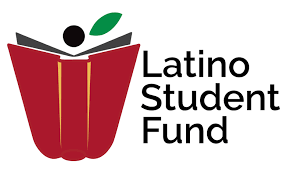SPAN 374 students go above and beyond
January 25, 2021

Spanish in the Community course surpasses required hours of service under direction of Dr. Rodriguez
One of the requirements of taking a course with Dr. Ana Patricia Rodríguez, often, is a service learning component. In fact, it is the keystone in her course, Span 374, Spanish in the Community. Students learn the context, “for understanding, communicating with, and working with the Spanish-speaking community”. Home to the third largest Central American community in the United States, Washington D.C. is abundant with opportunities to work with the community, and to learn together.
As with everything Covid has touched, the course needed to be modified from its traditional version. Before the pandemic, students would go to Hollywood Elementary outside of College Park and work with students on their homework, and with parents on their English. This semester, with thanks to the Latino Student Fund, University of Maryland students used online resources, such as Zoom, Khan Academy, and Duolingo, to connect and learn with elementary students remotely.
In the Fall 2020 semester, students in Dr. Rodríguez’s class completed 183 hours of online tutoring around the DMV, with several students going above and beyond by completing 19, 26 and 38 service hours. The requirement for each student was between 6-8 hours. Of her class, she writes, “I am so grateful to my students in SPAN374 for working so hard on top of completing course readings and many other assignments and for filling a great need in the community during the pandemic. In my eyes, my students are s/heroes.”
Malia WIlson, a student in Dr. Rodríguez’s course said, “The service learning component exceeded my expectations! When I signed up for the course, I thought our work in the community would consist of volunteering on one or two occasions but I’m glad that wasn’t the case. By volunteering continuously throughout the semester, we were better able to incorporate what we were learning in class into our tutoring sessions.”
“I am a firm believer in the power of service-learning when done in critical, reflexive ways. I believe that the SLLC should make service-learning a graduation requirement across the board in our programs and departments. As we say in Spanish, sí se puede--it can absolutely be done. It is not difficult, but such work does require commitment, time, and will.”.

